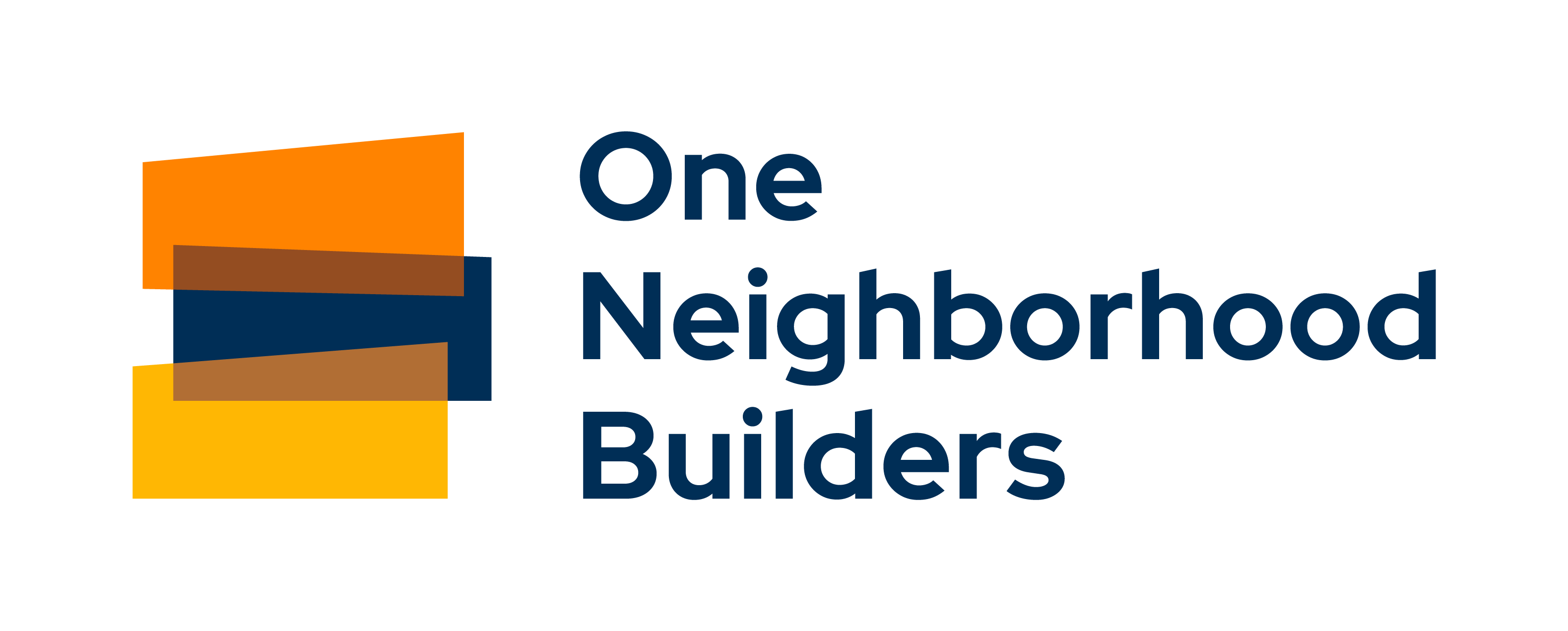This month, Fresh Fridays considered how shared ownership of resources help make local communities more economically equitable.
Community wealth building is a model for communities to directly own and control their resources. Recognizing that many common economic development models do not work for many communities, community wealth building incorporates worker cooperatives, community land trusts, housing cooperatives, public banking, and other tools to strengthen local economies.
Panelists
- David-Allen (Bear) Sumner, Sr.
President, Break The Cycle Cooperative Hub, and Chair, Co-op Rhody
- Jessica David
Co-Founder and President, Local Return; President & CEO, RI Community Investment Cooperative; and Principal, Good Worth Working For, LLC
Defining Community Wealth Building and Its Importance
The discussion began by exploring what community wealth building is, its strategies, and its key elements. Jessica David explained, “The reason it matters is really about resilience. You know, when something happens, whether it’s for an individual, a family, a community, a place, wealth is what allows us to bounce back. So, if we lose a job, if there’s a pandemic, if we get sick, if someone we know, is struggling with something, then, you know, the people who are able to and the places that are able to bounce back more tend to have more assets.”
She further elaborated on connecting wealth to community wealth, adding, “It’s not just about, you know, bad things happening. It’s also about being able to, you know, move forward and sort of transform into the future.
The Role of Break the Cycle and Co-op Rhody in Community Wealth Building
The conversation shifted to the work of organizations like Break the Cycle and Co-op Rhody, which contribute to building community wealth. David-Allen (Bear) Sumner, Sr. shared why Break the Cycle’s focus on formerly incarcerated individuals: “With the formerly incarcerated citizens, I remember when I was in work release and we had, we were going to work and coming back to the prison system, but getting out, we didn’t have business acumen. We had great ideas of businesses and stuff like that that we wanted to do. But now that this whole picture of the cooperative business model is now in the air, […] we’re trying to make sure that not only formerly incarcerated citizens, but your everyday Jane or John Doe from the hood can understand that, you know, you can have a cooperative and you can have a business.”
Bear Sumner Sr. also spoke about Co-op Rhody’s efforts to spread wealth through cooperative businesses, particularly in the context of cannabis laws: “So we’re just trying to make sure that, that we have a chance to, you know, to spread this, this wealth throughout our communities. The state has set aside an extraordinary plan for cooperative businesses, businesses as far as it’s tied to cannabis. So they have put in the law that six cannabis stores must be a cooperative. And we are trying to facilitate that and make sure that people have that business acumen and to be successful moving into the future.”
A Report by Break the Cycle on Worker Cooperatives for Racial and Economic Justice
A key moment in the discussion highlighted Break the Cycle’s report on worker cooperatives. The report emphasized their role in promoting racial and economic justice for formerly incarcerated people in Rhode Island.. When asked about the report’s significance, Sumner, Sr. shared, “I really want people to understand that this model right here is something that can create this generational wealth model vehicle that we’re looking for. […] There’s possibilities for changing the way that this generational wealth is not being passed down. I want my children’s children to have this generational wealth, even just the idea. […] I just want people to take away from the report that there’s hope for the future.”
The Impact of Local Return and the RI Community Investment Cooperative
The conversation then shifted to the work of Local Return RI and the Community Investment Cooperative in Rhode Island. Jessica David explained Local Return RI’s mission: “We exist to build community wealth through community investment and ownership with a focus on neighborhoods that have experienced historical disinvestment in Rhode Island.”
Jessica also emphasized the importance of an ecosystem-based approach: “We really take an ecosystem approach. So we think that there is no one strategy that’s going to, there’s no one fund, there’s no one program that is going to fix all of this. It is really about looking at how all these things intersect and support one another.”
Addressing Gaps in Rhode Island’s Community Wealth Building Efforts
The conversation also addressed current gaps in community wealth building efforts in Rhode Island. Jessica David highlighted the need for more support for worker-led cooperatives: “We need the same amount of energy that we’ve seen going to like high growth, often tech startups which often leave the state or attracting, you know, big corporate entities from other places. We need that energy into this small, grassroots, local movements.”
Challenges in Starting a Cooperative
Starting a cooperative is not without its challenges, particularly when it comes to working with people and managing personalities. Sumner, Sr. discussed the investment of time and effort needed to make cooperatives successful as well as the gaps in knowledge that exist: “A lot of times they we have the want to, but not the know-how. So, some of those barriers and hurdles that we are overcoming [revolve around] a lack of knowledge base and resources, to learn this model and to learn the business acumen, how to run a business, and what it is to be in a business with somebody else.”
What’s Next for Community Wealth Building
Looking ahead, the focus turned to building a network and movement for community wealth building. Jessica David emphasized the collaborative nature of this work: “We’re really trying to build a network here and a movement. This is not about individual organizations or programs. It’s about different ways of relating to each other, relating to our economy, different ways of working.”
Additionally, there was a strong emphasis on supporting local businesses and being conscious consumers. Sumner, Sr. added, “It’s about working and networking with the community in this ecosystem of change.”
Q&A: State Policies and Community Outreach Strategies
The discussion concluded with a Q&A session, where questions were raised about state policies incorporating community wealth building strategies, the best methods for community outreach, and willing funders.
Previous Fresh Fridays Sessions:
-
-
- Fresh Fridays: Housing and Homeless Systems
- Fresh Fridays; Equitable Code Enforcement
- Fresh Fridays: The Cost of Building Affordable Housing
- Fresh Fridays: Transportation And Equitable Communities
- Fresh Fridays: Zoning & Affordable Housing Development
- Fresh Fridays: Community Organizing in Providence
-






